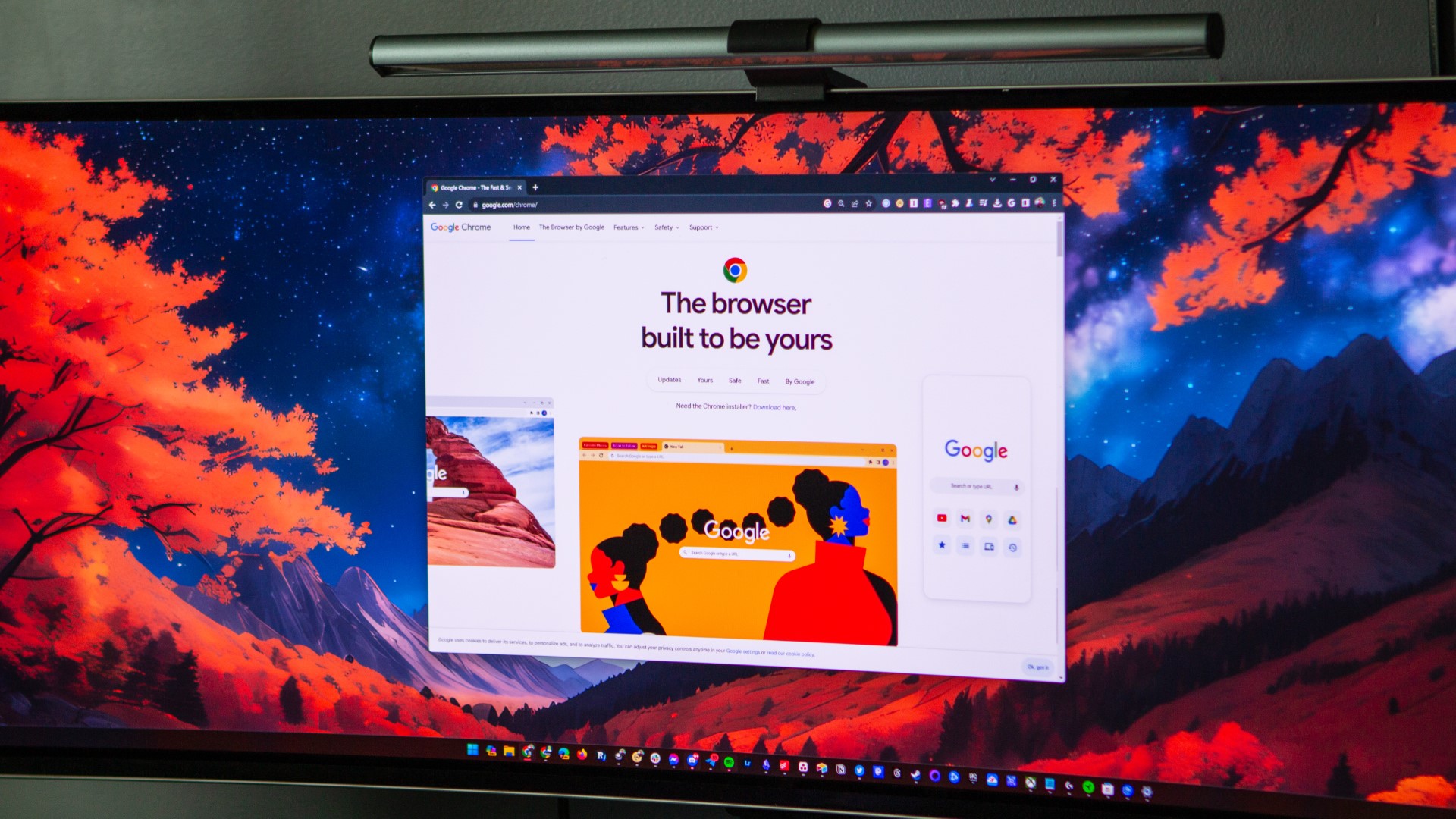What you need to know
- Google is preying on iPhone users and wants them to transition from Safari to Chrome as the default browser.
- Apple has highlighted two critical privacy issues via an ad riddling Google Chrome to deter users from transitioning.
- Google responded to Apple's allegations by reiterating its goal to keep the user's data safe and giving control over privacy and security while using Chrome.
Despite the EU Commission's intervention using the Digital Markets Act (DMA) to prevent unfair business practices, browser wars continue in 2024. The latest episode involves Apple and Google, with the former taking a lethal jab at Google Chrome's tracking cookies while presenting Safari as "a browser that's actually private."
As you may know, Apple was among the companies listed as gatekeepers by the EU under the DMA. The Commission designated Apple's iOS mobile operating system, Safari browser, and App Store services as gatekeeper services under the DMA. This prompted strict regulations to foster fair business practices for other competitors in the same landscape, including making the listed services interoperable.
The vast majority of iPhone owners are using Safari or Google Chrome as their default browser. According to a report by The Information, 30% of iPhone users have set Google Chrome as their default browser. However, Google wants 50% of iPhone users to run Chrome as their default browser. This would translate to an additional 300 million users transitioning to Chrome.
If Google's goal comes to fruition, Apple's Safari browser usage could be negatively impacted, potentially reducing revenue generated from the service. However, Apple isn't taking this lightly. As part of its broader plan to keep iPhone users 'glued' to Safari, Apple has highlighted two critical shortcomings its users will potentially face when using Google Chrome as their default browser:
- Chrome's hunger for tracking cookies: You've seen it all across the internet — those pop ups that ask whether you accept third-party cookies. Once you go into the privacy settings of Chrome, you'll probably be stunned by the many thousands of sites tracking your whereabouts on the internet. Even worse, they look set to be around until 2025 according to Google's Privacy Sandbox report.
- Incognito mode is not private: This is one of a few different features of Chrome where the Mountain View company has said it cares about privacy, but its actions are a little different. For example, Google promises security in its Incognito Mode, but then had to admit this privacy shield isn't really that private in a $5 billion class-action lawsuit.
Our sister site, Tom's Guide, reached out to Google regarding Apple's claims and was furnished with the following statement by a spokesman:
"Chrome is built with the goal of keeping your data safe by default and ensuring users can control when and how their data is used in Chrome to personalize their web browsing experience. We believe users should always be in control, which is why we've built easy to use privacy and security settings directly into Chrome."
Per the statement highlighted above, Google neither confirms nor denies Apple's privacy-related allegations. It only speaks of its goal of "keeping your data safe" and giving users control over their privacy and security settings.
Analysis: Market share is no child's play

Browser wars remain a hot topic in community forums. Mozilla blasted Microsoft last year for using harmful and deceptive designs to keep Edge in the driver's seat in Windows devices over third-party browsers.
Opera recently echoed similar sentiments and the EU General Court to annul the European Commission's decision not to designate Microsoft Edge as a gatekeeper under the Digital Markets Act. Microsoft Edge was initially selected as a gatekeeper service, but Microsoft argued that it didn't meet the threshold. After investigations, the EU Commission determined that it wasn't dominant in the digital markets, exempting it from regulation under the DMA.
In the same breath, Microsoft CEO Satya Nadella indicated Google doesn't play fair with Bing in the search engine landscape. Nadella admitted Google's deal with Apple placed Bing at a competitive disadvantage and that he was willing to part with up to $15 billion annually to attract the deal with Apple, citing that it would be game-changing for the company.
Despite Apple's fight with Google, the outcome will only be influenced by the user's preferences and priorities regarding privacy and security. Safari's browser usage on iOS might take a subtle hit.







